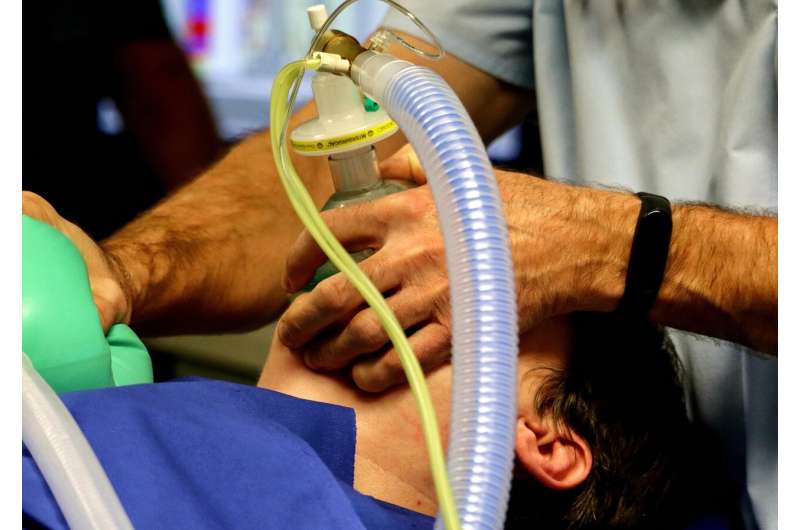Gut Microbiota as a Non-Invasive, Cost-Effective Screening Approach for Colorectal Cancer

New research explores how analyzing gut bacteria can serve as a non-invasive, low-cost method for early detection of colorectal cancer, potentially transforming screening practices.
Recent research highlights the potential of analyzing gut bacteria to develop a simple, affordable, and non-invasive screening method for colorectal cancer. Colorectal cancer remains the second leading cause of cancer-related deaths worldwide, often diagnosed at advanced stages, which limits treatment options. Conventional diagnosis relies heavily on colonoscopies, which can be costly and uncomfortable, leading to delays in detection.
Scientists from the University of Geneva utilized machine learning techniques to comprehensively catalog human gut bacteria at the subspecies level. This detailed inventory allows for better understanding of how different microbial groups influence health and disease. By examining stool samples, researchers identified specific bacterial signatures associated with colorectal cancer, enabling detection with remarkable accuracy.
The study demonstrated that their method could identify approximately 90% of colorectal cancer cases, approaching the detection rate of colonoscopies (94%) and surpassing other non-invasive techniques. The model's high precision opens the possibility of routine screening, where only certain patients would require confirmatory colonoscopies.
This breakthrough not only promises earlier diagnosis but also paves the way for exploring microbiota-based diagnostics for other diseases. The research emphasizes the importance of focusing on bacterial subspecies, as different strains within the same species can have contrasting effects on carcinogenesis.
Developed in collaboration with Geneva University Hospitals, this approach analyzes vast microbiome data and could soon be integrated into clinical practice. It opens avenues for developing diagnostic tools that are less invasive, more accessible, and capable of early disease detection. Furthermore, understanding the mechanisms by which specific bacterial subspecies influence cancer development might reveal new therapeutic targets.
In summary, gut microbiota analysis offers a promising frontier in cancer diagnostics, with potential applications extending beyond colorectal cancer to broader health conditions. Continued research and clinical trials are underway to refine this innovative approach.
Source: https://medicalxpress.com/news/2025-08-gut-bacteria-invasive-screening-tool.html
Stay Updated with Mia's Feed
Get the latest health & wellness insights delivered straight to your inbox.
Related Articles
Real-Time Genomic Technology Enhances Detection of Golden Staph Resistance to Improve Treatment Outcomes
Innovative real-time genome sequencing is revolutionizing the detection of antibiotic resistance in golden staph infections, enabling personalized and more effective treatments.
How Daily Actions Influence Visual Processing in Right- and Left-Handers
Discover how everyday hand movements influence brain lateralization and visual perception in right- and left-handed individuals, a groundbreaking study from Cornell University shows.



